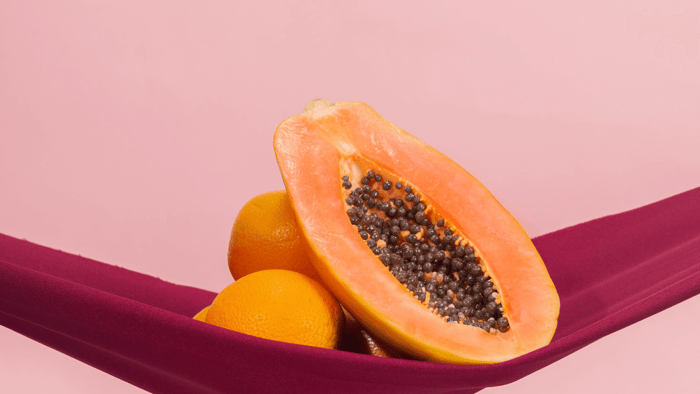
From toxic food additives to harmful makeup ingredients and more, it seems just about everything contains some hidden chemicals that you need to be aware of. A chemical to recently top that list is glyphosate, the main ingredient in the popular weedkiller, Roundup. It’s used widely every day by farmers and homeowners around the country, but is it dangerous? Do you need to worry about it? The 100,000 lawsuits with settlements totaling over 11 billion dollars against the maker of Roundup, Bayer, seem to say there is something to worry about. These cases link glyphosate with the development of cancer in regular users.
The United States Environmental Protection Agency defines glyphosate as “a widely used herbicide that controls broadleaf weeds and grasses. It has been registered as a pesticide in the U.S. since 1974.”
The site also states, “On March 20, 2020, the glyphosate ID was challenged in the U.S. Court of Appeals for the Ninth Circuit. Petitioners challenged EPA’s analysis of human health and ecological risk, the weighing of such risks against the benefits of glyphosate and the interim risk mitigation measures, and alleged that EPA violated the Endangered Species Act (ESA).”
Those risks are currently still being reevaluated by EPA.
Glyphosate is the key ingredient in Roundup and kills plants by blocking a metabolic pathway called the shikimate pathway that allows certain plants and microorganisms to grow. While this pathway doesn’t exist in humans, our digestive systems contain microorganisms that do use this pathway.

Potential Risks of Glyphosate
The debate of how bad glyphosate is for humans is no small matter, with plenty of studies to deep-dive into. Here’s the short of it:
Several studies support that glyphosate can cause an increased risk for many diseases, while on the other hand, Roundup was declared one of the safest herbicides after this 1999 study. However, more recent studies seem to show a link to cancer.
Roundup contains many more ingredients than just glyphosate, and while studies on this isolated ingredient show that it may be safe for humans, this doesn’t necessarily apply to Roundup as a whole. The other active ingredients in the herbicide have been found to be possibly more toxic to human cells than glyphosate on its own.
Does Roundup Cause Cancer?
This question also does not come with a clear-cut answer, although the court settlements seem to be saying yes.
In 2015, the World Health Organization (WHO) declared glyphosate as “probably carcinogenic to humans,” which means glyphosate has the potential to cause cancer.
Some studies on mice and rats have found a connection between glyphosate and tumors, but there is limited research available for a human connection.
There have been a few recent studies that did not find a link between glyphosate and cancer, but some of the authors involved in those studies also have financial ties to Monsanto, the original producer of Roundup, recently purchased by Bayer.
Most recently, EPA declared that isolated glyphosate is not a carcinogen and not likely to cause cancer. But then there are the billion-dollar payments from Bayer to lawsuit victims in the last several years.
Roundup and Gut Health
Gut health is incredibly important to your overall well-being, and studies have found that Roundup can negatively affect the good bacteria that make use of the shikimate pathway in the gut.
Some research on animals found that glyphosate not only disrupted beneficial gut bacteria but had no impact on highly resistant harmful bacteria. Even without cancer concerns, this effect on health is a good reason to seriously restrict your exposure to glyphosate.

What Can You Do About It?
Foods that are most likely to contain glyphosate are GMOs, or genetically modified organisms, as well as glyphosate-resistant crops like corn, soybeans, canola, alfalfa, and sugar beets. Sticking with a diet of organic and non-GMO foods will help reduce your exposure.
While the research may be conflicting, It’s reasonable to assume that Bayer would not be paying out billions of dollars if their product is truly harmless. It’s not easy to eliminate glyphosate entirely since it is so widely used. However, eliminating certain high-glyphosate foods, eating organic, avoiding GMOs, and nourishing your gut health are a few ways you can try to guard yourself against the possible effects of both glyphosate and Roundup.
Want to know everything going on in natural health and beauty? Sign up for BVU's newsletter. You can also follow along on Instagram and Facebook.




